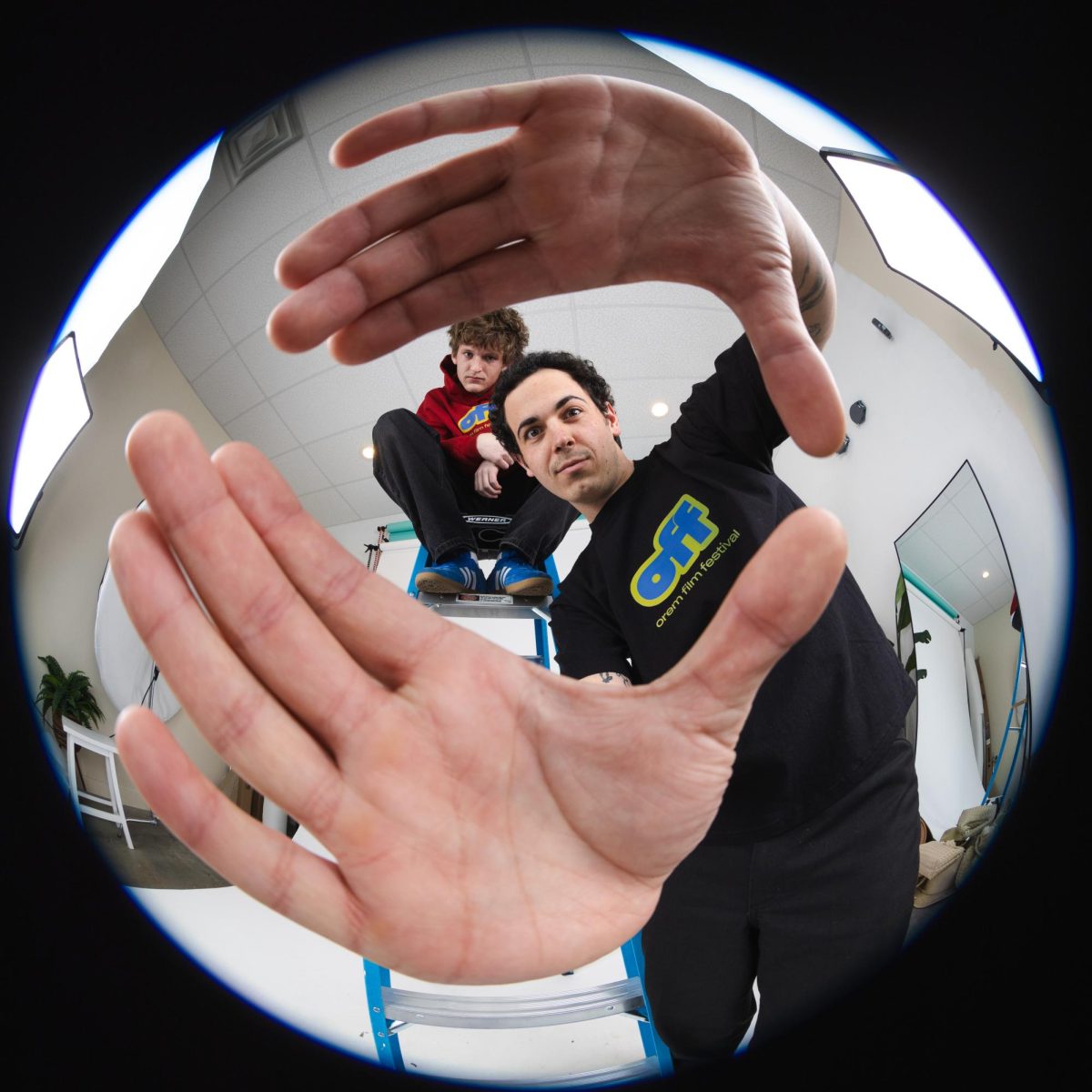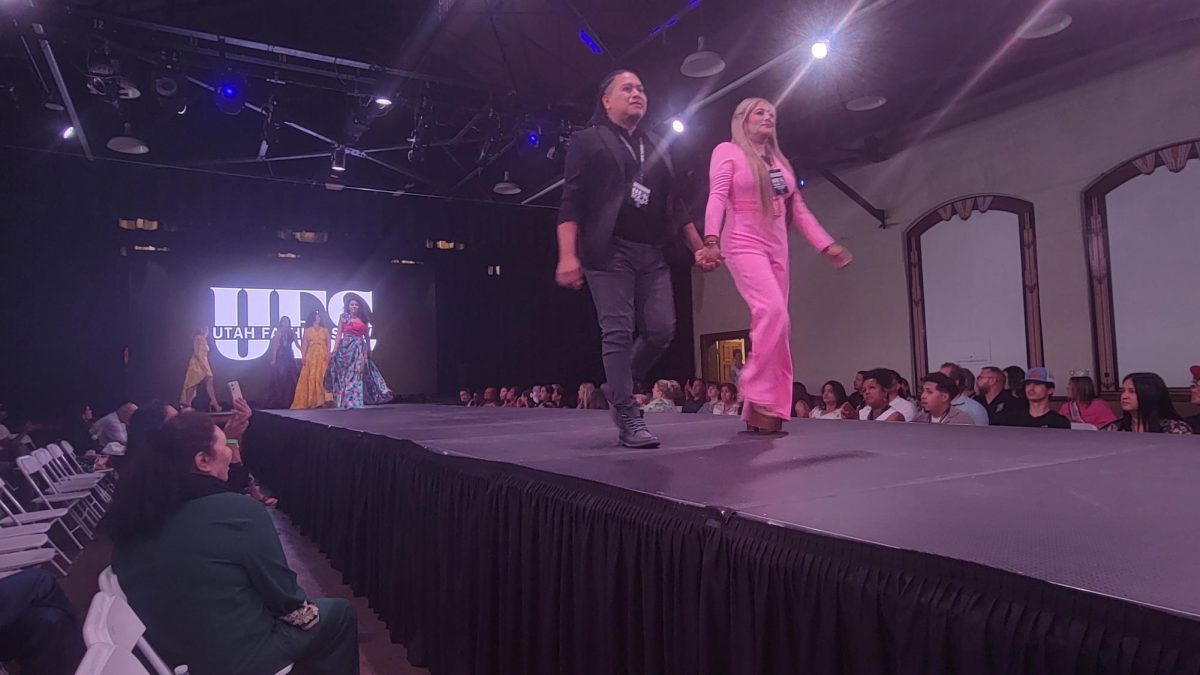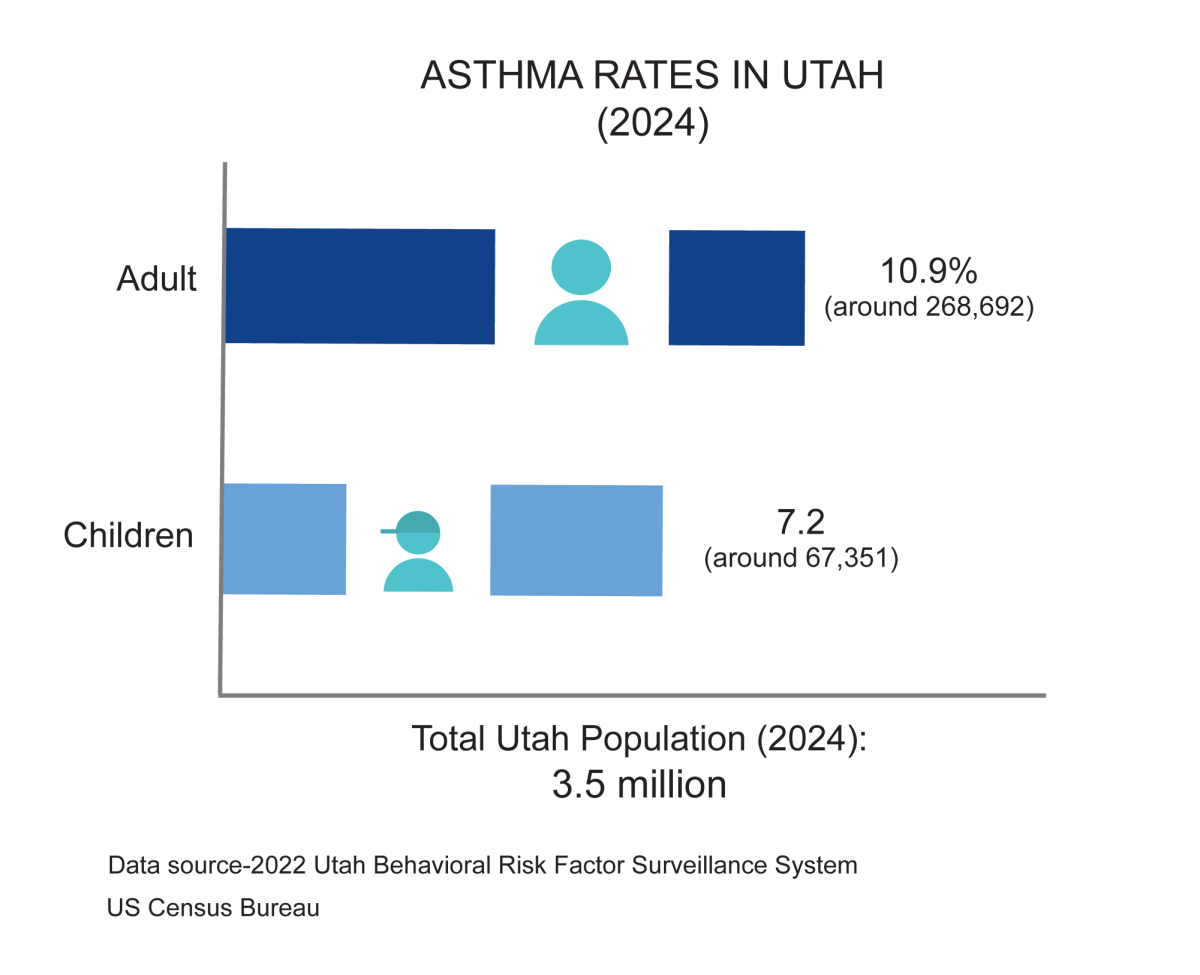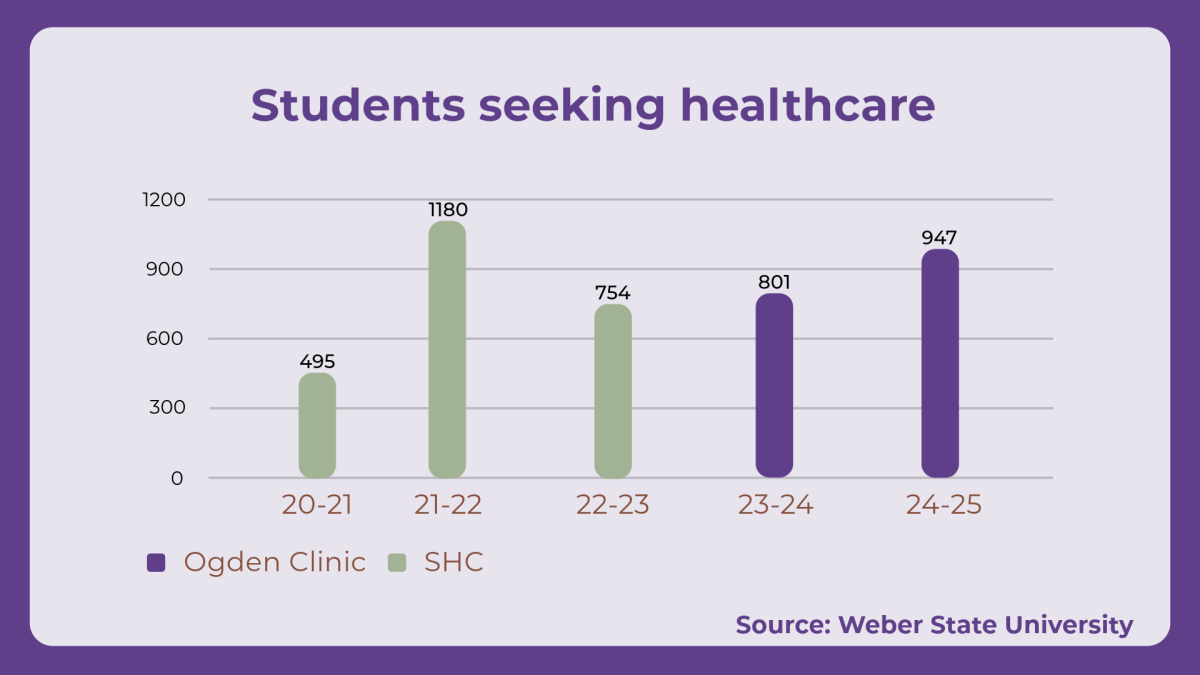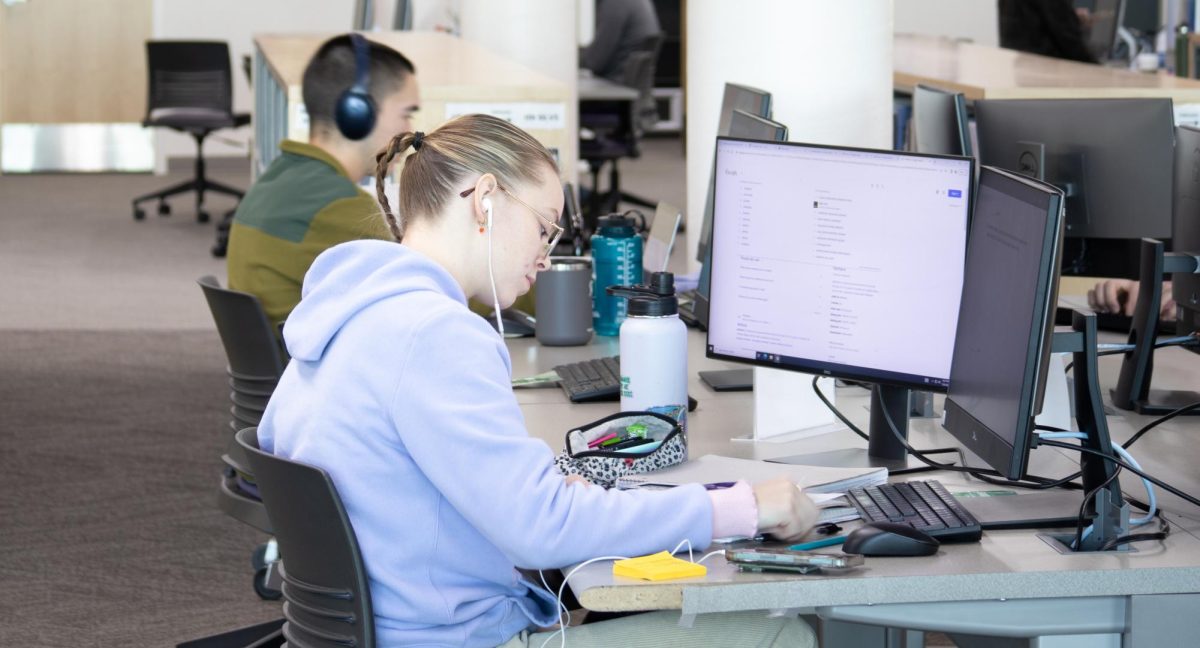Proposition 2, the Medical Marijuana Initiative on the November ballot, would legalize the use of cannabis for those with qualifying medical illnesses. On Aug. 23, the LDS Church joined with the Utah Chamber Association and Drug Safe Utah in a press conference against Proposition 2.
Then things ramped up, as the Church sent an email to members later that night.
The email said the passing of Proposition 2 would “create a serious threat to health and public safety, especially for our youth and young adults, by making marijuana generally available with few controls.”

The Church closed the email by saying, ”The Church does not object to the medicinal use of marijuana, if doctor-prescribed, in dosage form, through a licensed pharmacy,” which is confusing because Proposition 2 aims to legalize physician-prescribed medicinal use of marijuana through licensed pharmacies.
In March, Utah Gov. Gary Herbert signed a bill giving terminally ill people the right to try cannabis-based medical treatments. People can only legally use the drug if they have six months or less to live.
Yet Gary Herbert stands firm against Proposition 2, expressing opposition and calling a special session for Utah legislators to pass laws that could prevent Proposition 2 from taking effect.
Meanwhile, those living with chronic pain, seizures, anxiety, depression, PTSD, cancer, MS and other conditions need access to the drug.
On the surface, it appears that the LDS Church opposes the bill simply because they oppose the use of recreational drugs. The Church fears that medically-legal marijuana will lead to recreational use. However, the Church’s opposition may also have something to do with their finances.
In May, the website MormonLeaks released documents illuminating the Church’s financial investments. The leaks showed that the church owns $32 billion worth of stocks as of 2017, $1.3 billion of which are invested in pharmaceutical companies.
Nationwide, pharmaceutical companies have opposed the expansion of medical and recreational marijuana because increased cannabis sales lead to decreased pharmaceutical sales.
One of the companies in which the LDS Church has invested, AbbVie Inc., produces Marinol, a drug that contains a synthetic form of THC, the compound in marijuana that gets people high.
So maybe the Church only opposes the use of marijuana that doesn’t directly benefit their bank accounts.
The legalization of medicinal marijuana could also protect Americans from addictive prescription drugs, like Vicodin, one of the best-selling narcotic painkillers of all time, which also happens to be produced by AbbVie Inc.
Opioids alone kill 115 people every single day, and Utah has the seventh highest drug overdose rate in the U.S. The troubling statistics go on and on, with proof of the danger of prescription drugs everywhere you look.
Opioids trigger a release of chemicals in the brain that reduce the perception of pain. The brain becomes accustomed to that state and demands the unnatural levels of pain-reducing neurotransmitters to dull pain and feel pleasure, even when people take the drug as prescribed.
This means that many Americans with chronic pain are at a high risk of becoming unwillingly and unnecessarily hooked on prescription drugs when all they were searching for was relief from their pain.
Alternatively, using only marijuana cannot lead to a lethal overdose. One would need to take 40,000 times their usual amount to overdose.
Even with the Church’s opposition to the bill, Proposition 2 has strong support among Utahns, even LDS members. Sixty-six percent of Utahns say they somewhat or strongly support the bill.
With half of Utah voters being active LDS members, the Church obviously has strong influence over the state’s politics. Because the email is fresh, the coming weeks will be telling as to exactly how strong their influence is.
In November, Proposition 2 will be on your ballot. The legalization of medicinal marijuana is on its way to national acceptance — 30 states have already legalized marijuana for medicinal use, and eight have legalized marijuana for recreational use for those 21 and older.
People here are suffering. Some living with chronic pain or other conditions have left Utah to live in a place with access to medicinal marijuana. Others remain, begging for state legislators’ help.
I’m a member of the Church, and I believe our empathy should reach further than whatever our personal beliefs might be. The legalization of medicinal marijuana could be your neighbor’s saving grace, and you might not even know they need it.
We could all use more empathy right now. If you have to imagine your family members or your friends are the ones suffering, do that. We have digital access to corners of everyone’s lives, yet we turn our backs when difficult questions arise.
Maybe you never want to use marijuana or see others use it around you. But if you were living with chronic and debilitating pain, you might wish for others to help you. Empathy means we don’t just feel sorry for someone — it means we do everything we can to help them because though we might have different beliefs, our love should be unconditional.
I’m voting yes on Proposition 2, and I think you should, too. The bill doesn’t legalize the use of marijuana recreationally, and it could vastly improve the quality of life for thousands of Utahns. Act with love. We all deserve it.











